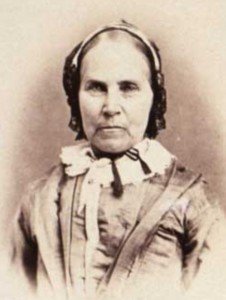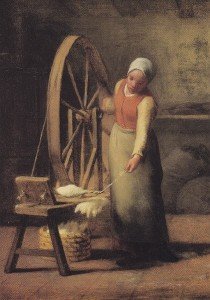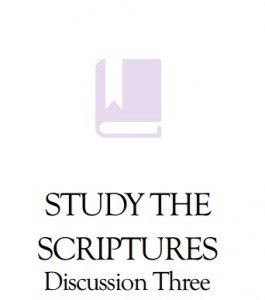[This post is part of a series on Joseph Smith’s Polygamy. To read from the beginning or link to previously published posts, go to A Faithful Joseph. As originally posted, this article was written without benefit of my normal stack of books and liberal access to the internet. References will be added at a later time.]

Desdemona Fullmer (1867, age 59)
In D&C 132, The Lord tells Emma:
And let mine handmaid, Emma Smith, receive all those that have been given unto my servant Joseph, and who are virtuous and pure before me; and those who are not pure, and have said they were pure, shall be destroyed, saith the Lord God.[ref]D&C 132:52[/ref]
The Lord then goes on to say:
Let no one, therefore, set on my servant Joseph; for I will justify him; for he shall do the sacrifice which I require at his hands for his transgressions, saith the Lord your God…
And if he have ten virgins given unto him by this law, he cannot commit adultery, for they belong to him, and they are given unto him; therefore is he justified.
…for they are given unto him to multiply and replenish the earth, according to my commandment, and to fulfil the promise which was given by my Father before the foundation of the world, and for their exaltation in the eternal worlds, that they may bear the souls of men; for herein is the work of my Father continued, that he may be glorified.[ref]From D&C 132:60-62[/ref]
Who were these virgins, virtuous and pure? There are many women who appear to fit this description, women Emma is in some cases known to have given to Joseph.
Why specify the number ten? And why call out “those who are not pure, and have said they were pure?”
I suggest the number ten came from the parable of the ten virgins of the marriage parable in Matthew 25. As for the concern with those who might be lying about being pure, recall the illicit sex and known presence of venereal disease among the practitioners of the illicit sex of Bennett’s era. Thus the purity of the women Emma was commanded to accept as Joseph’s wives was not merely a matter of morality, but potentially a matter of life and death.
If Joseph was ever intimate with any of his plural wives, I suggest we look to this group of ladies, those virtuous and pure. Continue reading →





